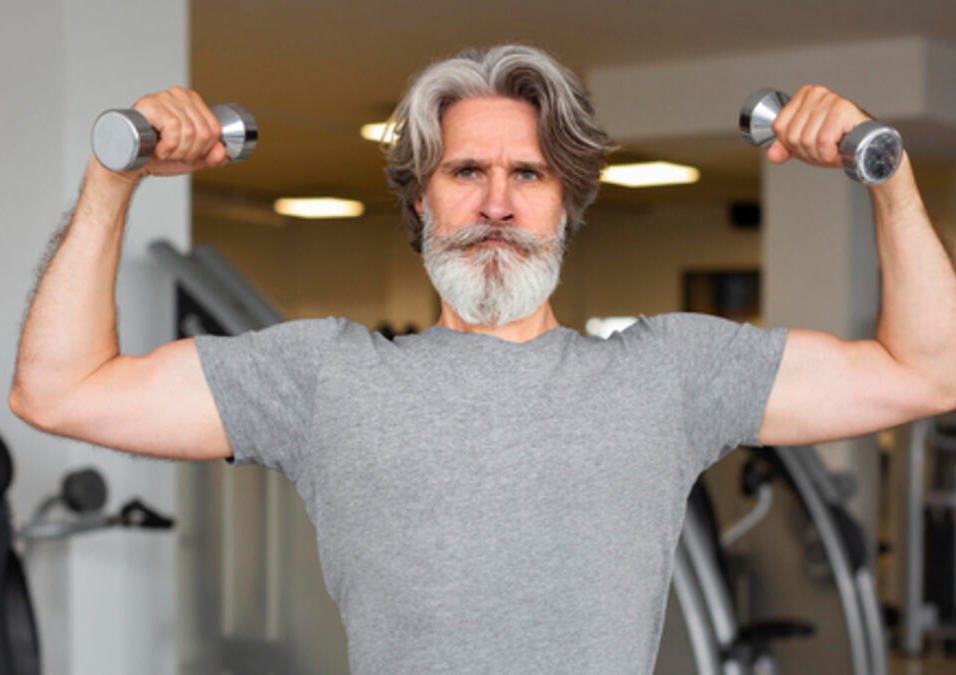You're Never Too Old to Lift Weights

SIGN UP FOR YOUR FREE DAY PASS TODAY!
There is a widespread belief that as people age, their muscles become weaker, leading to advice that older individuals should limit themselves to mild forms of exercise.
However, this assumption is not entirely accurate. A study published in the Journal of Aging and Physical Activity on April 1, 2025, has disproved this notion, which has, for years, discouraged older adults from engaging in strength training.
The study suggests a reality that encourages older adults to confidently participate in such exercises.
Rethinking the "Weak Muscles" Myth in Older Adults
It has long been thought that aging results in diminished muscle recovery. The study examined why this belief was so prevalent.
Generally, older individuals are known to experience reduced muscle protein synthesis, fewer satellite cells for repairing muscles, and a diminished capacity to regenerate damaged tissue.
This research compared muscle function after exercise in both younger and older participants.
Surprisingly, the results revealed that older adults did not experience as much muscle damage as previously believed.
Even more remarkably, older participants reported significantly less soreness after strength training compared to their younger counterparts.
Researchers also identified that levels of creatine kinase, an enzyme indicating muscle damage, were notably lower in older participants than in younger ones.
Why Aging Muscles May Be Stronger Than Expected
The findings challenge the outdated view of muscle weakness among seniors.
They suggest that aging muscles are not only better at recovery than thought but may even outperform younger muscles in some aspects.
Researchers proposed several possible reasons for this phenomenon. One explanation involves structural changes in muscles as people age.
Over time, aging muscles develop more collagen, which increases stiffness.
While this stiffness can reduce flexibility, it also distributes physical stress more evenly across the muscle, minimizing damage during exercise.
Another possible factor is how older adults tire more quickly during repetitive movements. This natural fatigue often limits the total amount of work their muscles perform.
Even when exercising at the same intensity as younger individuals, older adults may exert less overall effort, which reduces muscle strain and damage.
Exercise Without Boundaries
These insights reveal that older adults might not need to approach physical fitness with as much caution as once recommended.
It’s critical to move beyond assumptions about age and muscle performance.
Regardless of age or gender, keeping an open mind toward exercise can lead to surprising benefits and greater confidence in physical abilities.
Source: hindustantimes
The opinions shared in the GymNation blog articles are solely those of the respective authors and may not represent the perspectives of GymNation or any member of the GymNation team.
GET YOUR FREE TRIAL TODAY














































































